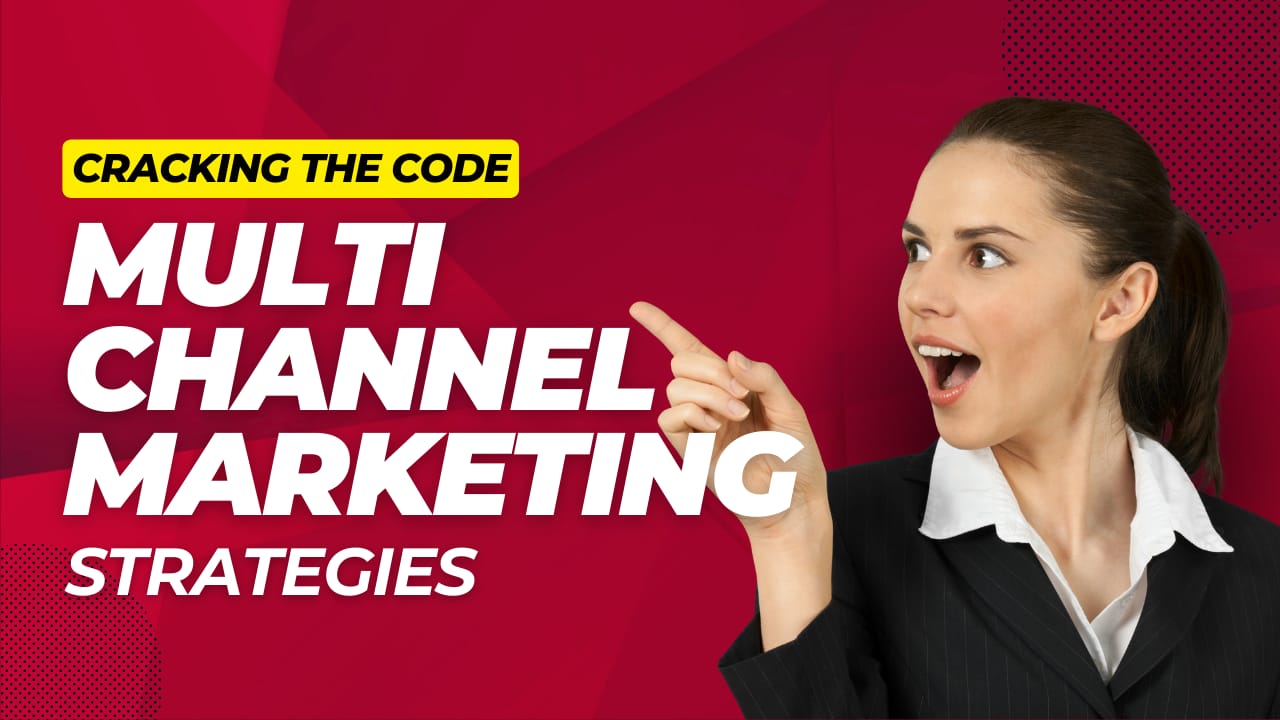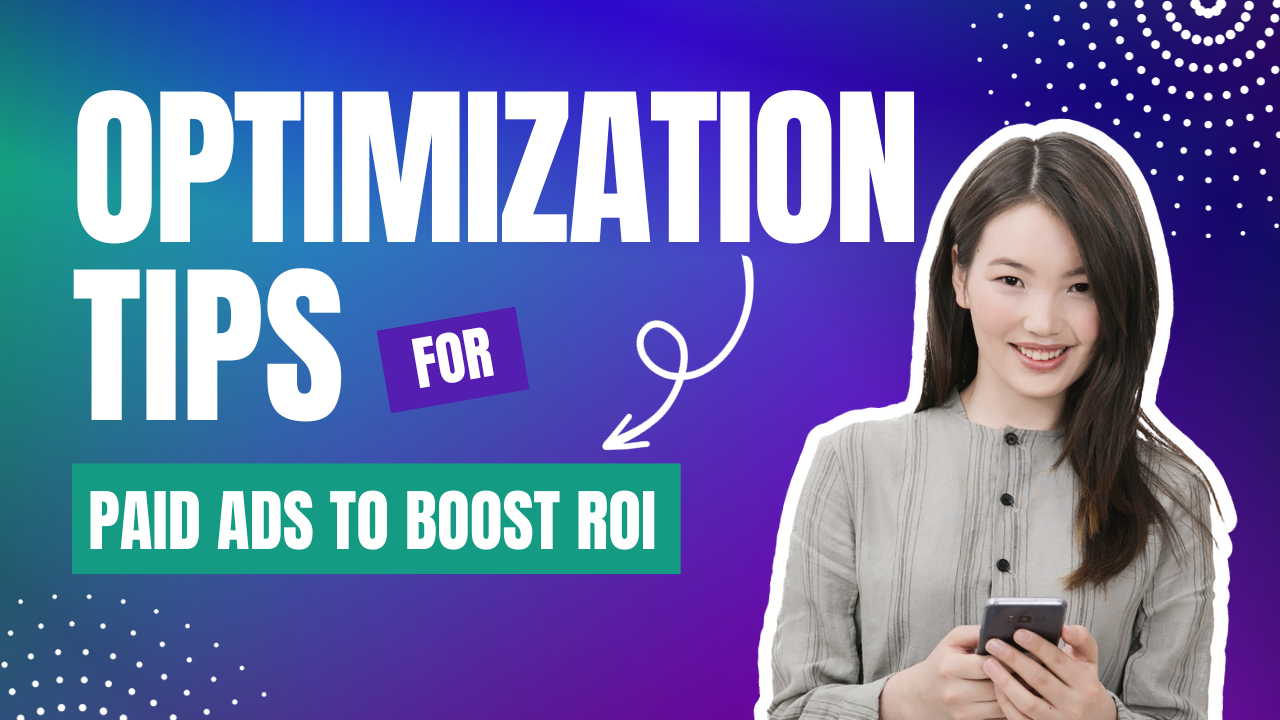- admin
- Marketing, marketing 101, Paid Marketing, SEM, SEO, traditional marketing
- 0 Comments
- 515 Views
In the ever-evolving world of digital marketing, businesses face the challenge of choosing between paid marketing and organic marketing. Both approaches offer unique benefits and considerations. This blog post aims to delve into the advantages and disadvantages of each strategy, helping you make an informed decision about which one is right for your business.
Paid Marketing
Paid marketing refers to any form of advertising that requires a financial investment. It includes tactics such as pay-per-click (PPC) campaigns, social media ads, influencer partnerships, and sponsored content. Here are some key points to consider:
1. Immediate Results: Paid marketing allows businesses to generate quick results by targeting specific audiences and driving traffic to their websites or landing pages.
2. Targeted Reach: With paid marketing, you have precise control over who sees your advertisements, ensuring they reach your intended audience.
3. Cost Considerations: While paid marketing offers immediate visibility, it can become expensive over time. The cost of advertising can add up, especially if your business operates in a competitive industry.
Organic Marketing
Organic marketing focuses on optimising your online presence naturally without relying on paid advertising. It involves strategies like search engine optimization (SEO), content marketing, social media engagement, and influencer collaborations. Here are some important factors to consider:
1. Long-Term Sustainability: Organic marketing emphasises building a strong foundation for your online presence. By consistently producing high-quality content and engaging with your audience, you can establish trust and credibility.
2. Cost-Effective Approach: Unlike paid marketing, organic marketing doesn’t require a significant financial investment. While it may take time to see results, the long-term benefits can be substantial.
3. Competitive Challenge: As organic marketing relies on attracting visitors through search engine rankings and engaging content, it can be challenging to stand out in a crowded digital landscape.
Conclusion
Ultimately, the decision between paid marketing and organic marketing depends on your business goals, budget, and timeline. Paid marketing offers quick visibility but comes with a price tag, while organic marketing takes time but can yield sustainable results. It’s crucial to strike a balance and consider a hybrid approach that aligns with your business needs. By carefully analysing your target audience, competition, and available resources, you can choose the right marketing strategy to drive growth and achieve success in the digital landscape.
In conclusion, the choice between paid marketing and organic marketing should be based on a thorough understanding of your business objectives and available resources. Assess the pros and cons outlined in this article, and consider consulting with digital marketing professionals to help you make an informed decision. Remember, the world of marketing is dynamic, so stay open to adapting your strategies as needed to ensure continued success.
FAQs
Q1: Which is better for immediate results: paid marketing or organic marketing?
A1: If you’re looking for immediate results, paid marketing is the way to go. It allows you to target specific audiences and drive traffic to your website or landing pages almost instantly.
Q2: Is organic marketing more cost-effective than paid marketing?
A2: Yes, organic marketing is generally more cost-effective in the long run. While it may take time to see results, the sustained efforts in building organic visibility can generate significant returns.
3. Q: Which marketing approach provides immediate results?
A: If you’re looking for immediate results, paid marketing is the way to go. It allows you to target specific audiences and drive traffic to your website or landing pages almost instantly.
4. Q: Is organic marketing more cost-effective than paid marketing?
A: Yes, organic marketing is generally more cost-effective in the long run. While it may take time to see results, the sustained efforts in building organic visibility can generate significant returns without the need for a substantial financial investment.
5. Q: Which marketing approach offers long-term sustainability?
A: Organic marketing emphasises building a strong foundation for your online presence. By consistently producing high-quality content, engaging with your audience, and implementing effective SEO strategies, you can establish trust and credibility for long-term sustainability.
6. Q: Can paid marketing and organic marketing be used together?
A: Absolutely! Many businesses adopt a hybrid approach by combining paid marketing and organic marketing strategies. This allows them to benefit from the immediate visibility of paid marketing while also leveraging the long-term benefits and cost-effectiveness of organic marketing.
7. Q: Which marketing approach is better for a limited budget?
A: If you have a limited budget, organic marketing can be a more suitable choice. It doesn’t require a significant financial investment and can yield substantial results over time. However, it’s important to allocate resources strategically based on your specific business goals and target audience.
8. Q: How can I determine the right marketing approach for my business?
A: The right marketing approach depends on various factors, including your business goals, budget, target audience, and industry competition. Conducting thorough research, analysing your resources, and consulting with digital marketing professionals can help you make an informed decision tailored to your specific business needs.
Remember, each business is unique, and it’s essential to consider your specific circumstances when choosing between paid marketing and organic marketing.





